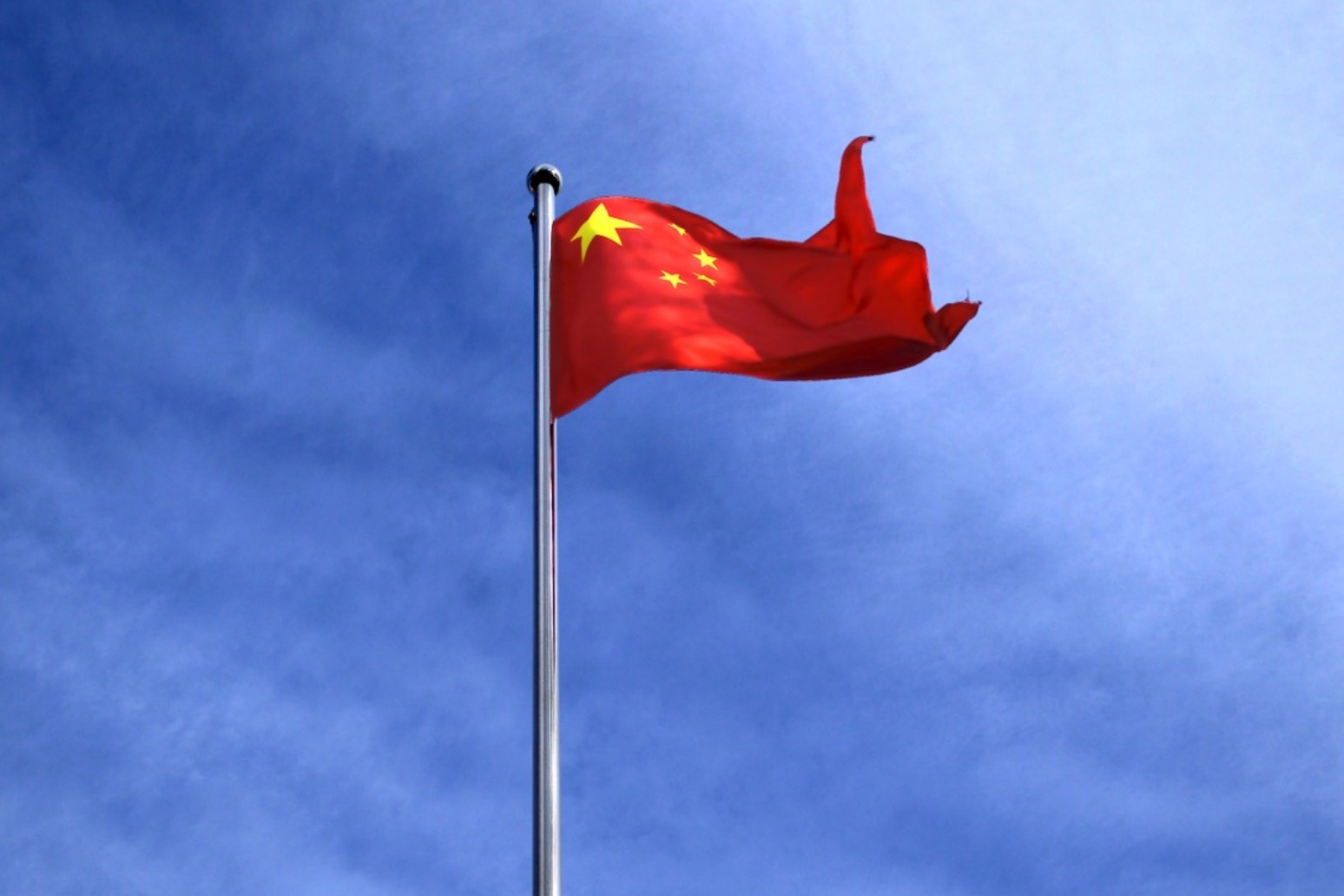
US and China impose tit-for-tat tariffs
he United States and China imposed fresh tariffs on each other's goods, as the world's biggest economies showed no signs of backing down.
It's an increasing bitter trade dispute that has rattled financial markets.
U.S. tariffs on $200 billion worth of Chinese goods and retaliatory tariffs by Beijing on $60 billion worth of U.S. products took effect.
The two countries have already slapped tariffs on $50 billion worth of each other's goods earlier this year.
Chinese products hit with new U.S. duties include vacuum cleaners to internet-connected devices, while U.S. goods targeted by Beijing include liquefied natural gas and certain types of aircraft.
Though a senior White House official last week said the United States will continue to engage China for a "positive way forward," neither side has signalled willingness to compromise.
The U.S. official said on Friday there was no date set for the next round of talks. The Wall Street Journal reported that China, which has accused Washington of being insincere in trade negotiations, has decided not to send Vice Premier Liu He to Washington this week.
Economists warn that a protracted dispute will eventually stunt growth not just in the U.S. and China but across the broader global economy.
The trade tensions have also cast a pall over broader relations between Beijing and Washington, with the two sides butting heads on a growing number of issues.
China summoned the U.S. ambassador in Beijing and postponed joint military talks in protest against a U.S. decision to sanction a Chinese military agency and its director for buying Russian fighter jets and a surface-to-air missile system.
Trade talks in Washington last month produced no meaningful progress.
Rob Carnell, chief Asia economist at ING, said in a note to clients that in the absence of any incentives Beijing would likely hold off on any further negotiations for now.
"It would look weak both to the U.S. and at home," he said, adding that there is "sufficient stimulus in the pipeline" to limit the damage of the latest tariffs on China's growth.
"The U.S.-China trade war has no clear end in sight."
China may also be waiting for U.S. mid-term elections early next month for any hints of changes in Washington's policy stance, Carnell added.
"With generic polls favouring the Democrats, they may feel that the trade environment will be less hostile after November 6."
The U.S. administration will levy tariffs of 10 percent on the $200 billion of Chinese products, with the tariffs to go up to 25 percent by the end of 2018.
Beijing set its new levies on $60 billion of U.S. goods at 5 and 10 percent and warned it would respond to any rise in U.S. tariffs on Chinese products accordingly.
Published: by Radio NewsHub